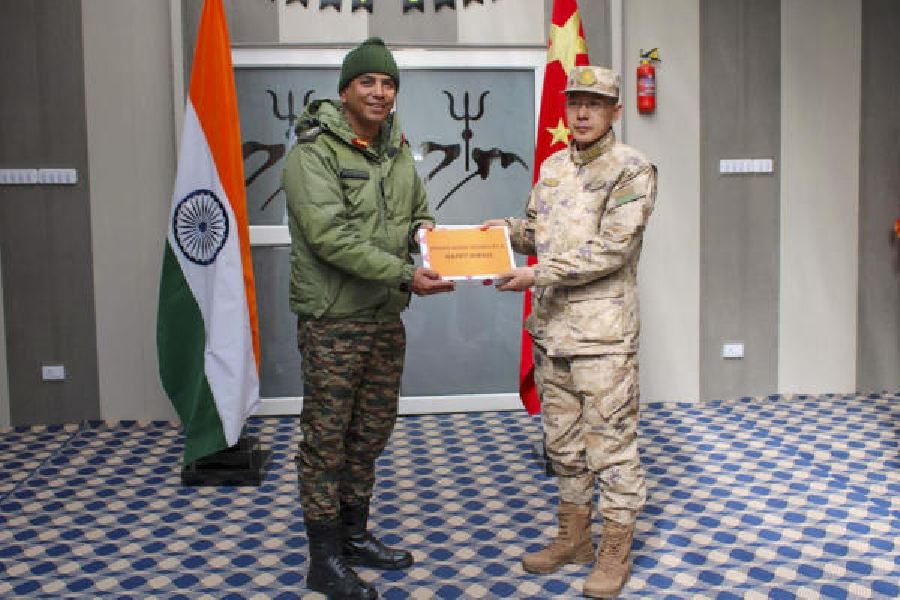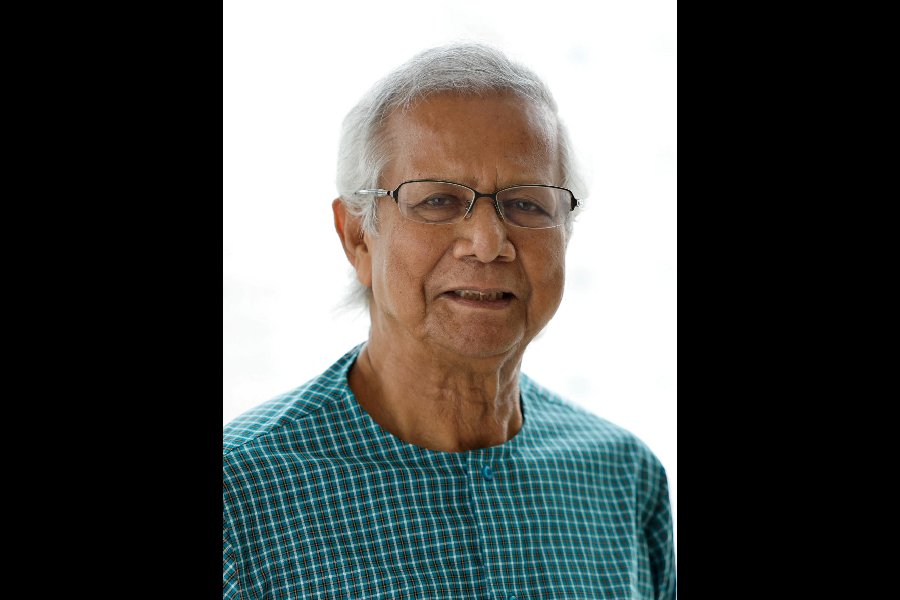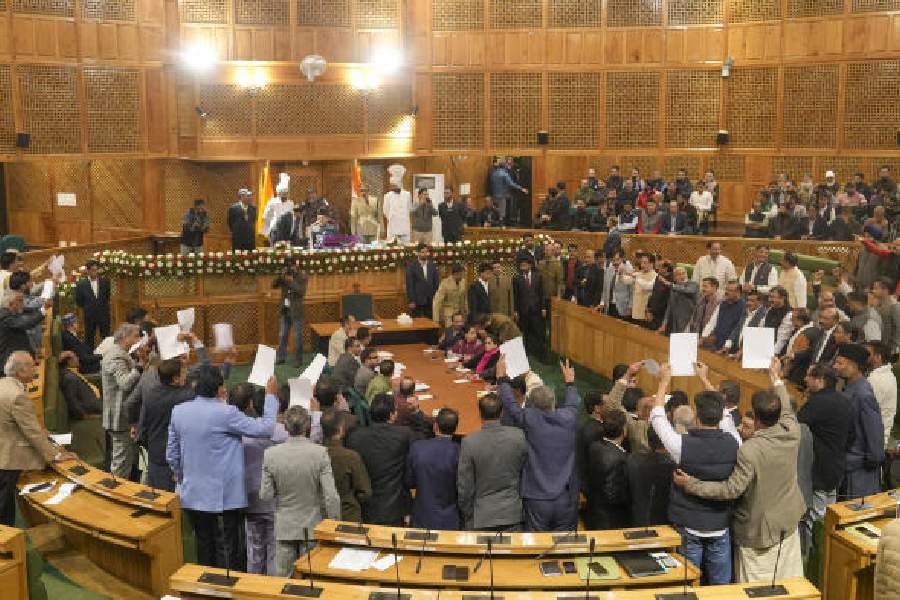The Indian Army is yet to resume patrolling at four patrolling points in eastern Ladakh’s Depsang Plains inside India-claimed lines following “objections” by Chinese troops despite the completion of disengagement, defence ministry sources said on Wednesday.
On Tuesday, Indian Army sources said its troops patrolled one of the five patrolling points at Depsang for the first time since the Chinese transgression in May 2020, while talks were still on to resume vigil at the remaining points.
“The Indian troops are yet to get patrolling access to four out of the five patrolling points in Depsang. The Chinese army has raised some objections over the routes of patrolling and this has led to the stalemate. Talks are on at the local commander level between the two armies to sort out the issue and also finalise the modalities of patrolling,” said a defence ministry official on Wednesday.
The Chinese army is believed to be entrenched 18km inside India- claimed lines at Depsang — a 972sqkm plateau located 16,000ft above sea level — since the transgression at multiple border points in May 2020. Depsang lies to the west of Aksai Chin, which is under illegal occupation by China, and has the Siachen Glacier on its northwestern edge.
Last week, the Indian Army had resumed patrolling at Demchok along the Line of Actual Control (LAC) in eastern Ladakh nearly four and a half years after the access was blocked by the Chinese army following multiple transgressions.
Depsang and Demchok were the only two points where no disengagement had taken place earlier.
According to the latest agreement, sources said, the Indian and Chinese troops had completed disengagement at the Depsang Plains in northeastern Ladakh and Demchok in southeastern Ladakh, both of which are strategically very important for India, on October 30.
Under the agreement, all temporary structures and other allied infrastructure created in the area by both sides were dismantled and mutually verified. The landforms in the area have also been restored to pre-April 2020 positions by India and China and both armies have also pulled back their military equipment to rear locations within their side of the LAC.
Both Indian and Chinese armies, however, continue to deploy over 60,000 troops each with weaponry along the LAC in eastern Ladakh.
In the past, the two countries had already completed “partial” disengagement in four other transgression points — the Galwan Valley, Hot Springs, Pangong Lake and Gogra — by creating a demilitarised “buffer zone”, with the Chinese stepping back a few kilometres while remaining within India-claimed lines. The Indian Army’s patrol has continued to remain temporarily suspended at those buffer zones located within Indian perception of its LAC.
Military veterans have expressed apprehension over the government’s continued silence on the “buffer zones”, saying those demilitarised zones seem to have become the new status quo along the LAC in the wake of Beijing’s reluctance to restore the April 2020 status quo ante.
Indian Army officials had earlier said the buffer zones were temporary and India had not given up its patrolling rights.










